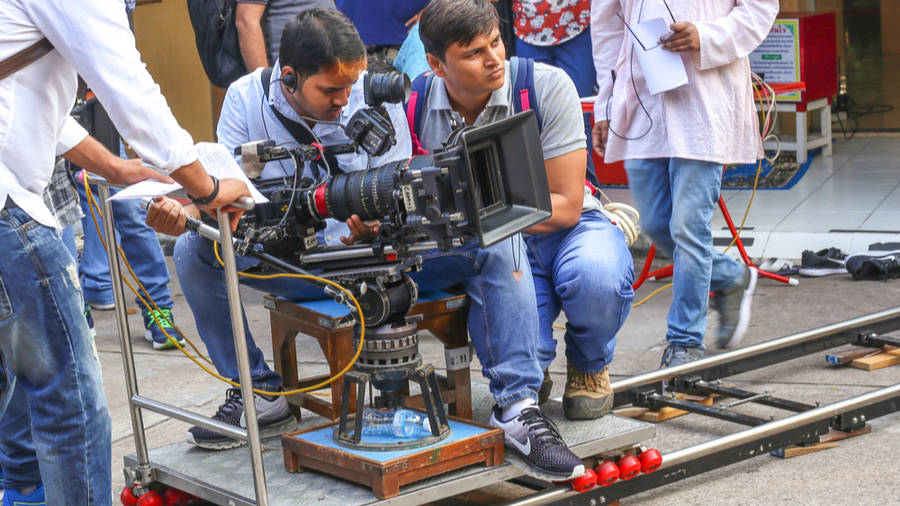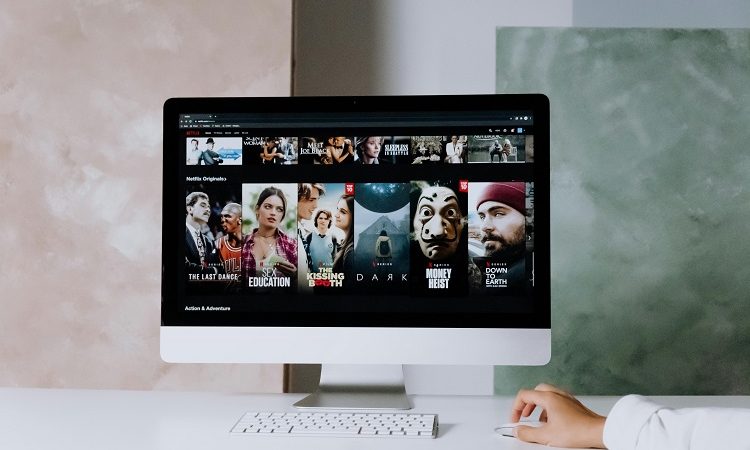Bollywood, the Hindi film industry

Bollywood, the vibrant and pulsating heart of the Indian film industry, is a captivating world that transcends geographical boundaries. Nestled in the city of dreams, Mumbai, Bollywood, the Hindi film industry has evolved into a global phenomenon, influencing cultures and captivating audiences worldwide. This unique blend of drama, music, dance, and emotion has transformed Bollywood into more than just a film industry; it’s a cultural force that mirrors the diversity, traditions, and aspirations of India.
Historical Tapestry
The roots of Bollywood can be traced back to the early 20th century when Dadasaheb Phalke directed India’s first full-length feature film, ‘Raja Harishchandra,’ in 1913. This marked the inception of an industry that would grow into one of the largest and most prolific in the world. Over the decades, Bollywood has weathered the storms of change, adapting to societal shifts, technological advancements, and international influences.
The Golden Era
Bollywood’s golden era, spanning from the late 1940s to the 1960s, witnessed the emergence of iconic figures like Raj Kapoor, Dilip Kumar, and Dev Anand. Films from this era, such as “Shree 420,” “Mother India,” and “Guide,” not only garnered critical acclaim but also left an indelible mark on Indian cinema. The era was characterized by timeless storytelling, soulful melodies, and a unique blend of traditional Indian values with a touch of modernity.
Musical Extravaganza
One of the defining features of Bollywood is its emphasis on music and dance. The industry has given birth to a myriad of musical maestros and playback singers whose melodies have become ingrained in the cultural fabric of India. From the soul-stirring compositions of R.D. Burman to the contemporary beats of A.R. Rahman, Bollywood music has evolved, reflecting the changing tastes and sensibilities of audiences.
Dance forms an integral part of Bollywood, with stars like Madhuri Dixit and Hrithik Roshan showcasing their prowess in iconic dance sequences. Choreographers like Saroj Khan and Farah Khan have played pivotal roles in shaping the dance culture of Bollywood, creating unforgettable moments that resonate with fans globally.
Global Influence
While Bollywood initially catered primarily to the Indian diaspora, it has steadily gained international acclaim, transcending linguistic and cultural barriers. Films like “Lagaan,” “Dangal,” and “Slumdog Millionaire” have not only won accolades at prestigious international film festivals but have also achieved commercial success on a global scale. The crossover appeal of Bollywood has introduced a diverse audience to the rich tapestry of Indian cinema.
Technological Advancements
The evolution of technology has significantly impacted Bollywood, transforming the filmmaking process and enhancing the cinematic experience. The industry has embraced state-of-the-art special effects, high-quality cinematography, and advanced sound engineering, bringing a new level of sophistication to its productions. Filmmakers are now able to explore innovative storytelling techniques, pushing the boundaries of creativity.
Changing Narratives
Bollywood has evolved from traditional, formulaic storytelling to embracing a more nuanced and diverse range of narratives. Filmmakers are now addressing social issues, breaking stereotypes, and championing inclusivity. Movies like “Queen,” “Dangal,” and “Article 15” reflect this shift, portraying characters that challenge societal norms and stereotypes.
Emergence of New Talents
Bollywood continues to be a launchpad for new talents, providing a platform for actors, directors, musicians, and technicians to showcase their skills. The industry has witnessed the rise of actors like Ayushmann Khurrana, Rajkummar Rao, and Vicky Kaushal, who have earned acclaim for their unconventional roles and stellar performances. Female actors like Taapsee Pannu and Bhumi Pednekar are breaking barriers and redefining the portrayal of women in Bollywood.
Challenges and Controversies
While Bollywood has achieved global recognition, it is not without its share of challenges and controversies. The industry has faced scrutiny for issues ranging from nepotism to the representation of women and the prevalence of stereotypes. However, these challenges have also sparked important conversations about diversity, inclusion, and the need for a more equitable industry.
The Future of Bollywood
As Bollywood strides into the future, it faces the dual challenge of preserving its rich heritage while embracing innovation. The industry is witnessing the rise of streaming platforms, providing filmmakers with new avenues to showcase their work. This digital revolution is reshaping audience preferences and challenging traditional distribution models.
Conclusion
Bollywood, with its kaleidoscopic blend of drama, music, dance, and emotion, stands as a testament to the cultural richness and diversity of India. From its humble beginnings to its global stature today, Bollywood has transcended boundaries, captivating audiences around the world. As the industry continues to evolve, it grapples with the responsibility of shaping narratives, fostering talent, and addressing societal issues. Bollywood remains a cinematic extravaganza that mirrors the spirit of a nation, inviting audiences to embark on a journey through the magic of storytelling and the allure of the silver screen.




